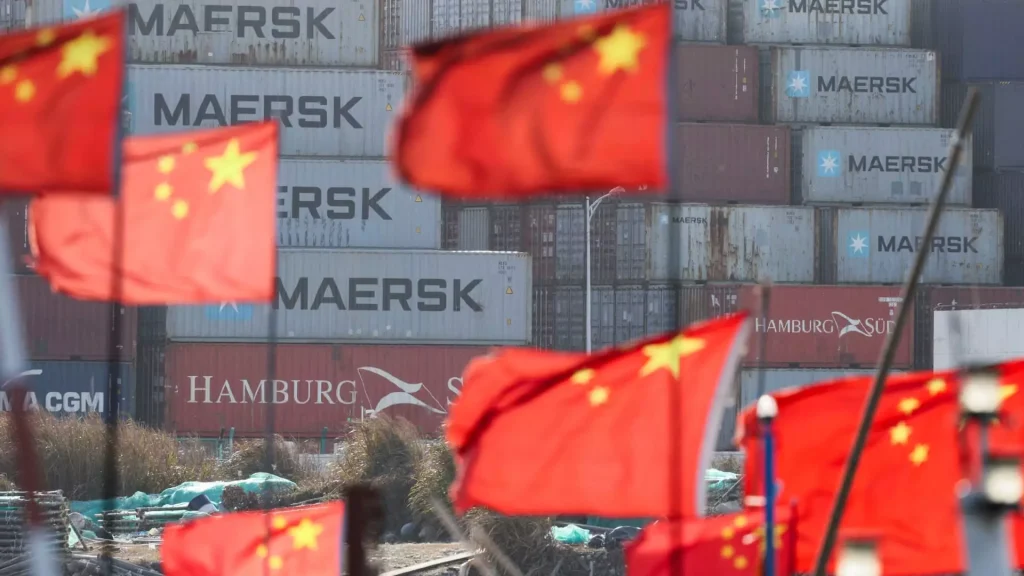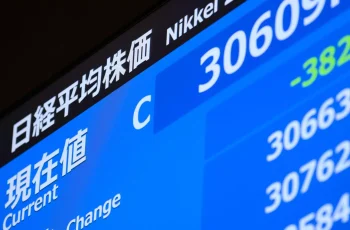The U.S. decision to impose a 34% tariff on Chinese goods has reverberated globally, with analysts predicting that China’s response will focus not just on retaliation, but on strengthening its own economy and expanding trade relations. China’s Ministry of Commerce called for reconsideration of the tariffs, but the country is strategically shifting towards greater self-sufficiency and reducing reliance on U.S. markets.

In response to increased tariffs that already reach 54%, China is adjusting by stimulating domestic consumption and diversifying its export destinations. These efforts are part of a broader pivot away from an overly rigid, export-focused economic model, as China engages more with Southeast Asia and strengthens regional partnerships like the Regional Comprehensive Economic Partnership (RCEP).
The U.S., meanwhile, risks isolating itself from crucial markets by focusing on unilateral trade actions. The Trump administration’s tariffs are rooted in economic nationalism and may damage crucial trade relationships, especially with China, which remains integral to global supply chains.
Beyond the economic impact, these tariffs have political ramifications. The U.S. must balance the need for domestic job protection with the necessity for international cooperation. The global economy thrives on interdependence, and a shift towards open markets could benefit both countries more than increased tariffs.
The impact of these tariffs extends beyond the U.S.-China dynamic, influencing global trade and psychological responses in both businesses and consumers. As trade agreements with countries like Vietnam and Thailand grow, the U.S. risks losing its competitive edge. Increased production costs and price volatility will challenge consumers and businesses, emphasizing the need for diplomatic dialogue to resolve economic tensions.

In this volatile environment, cooperation over conflict remains the best path forward for mutual economic growth.

